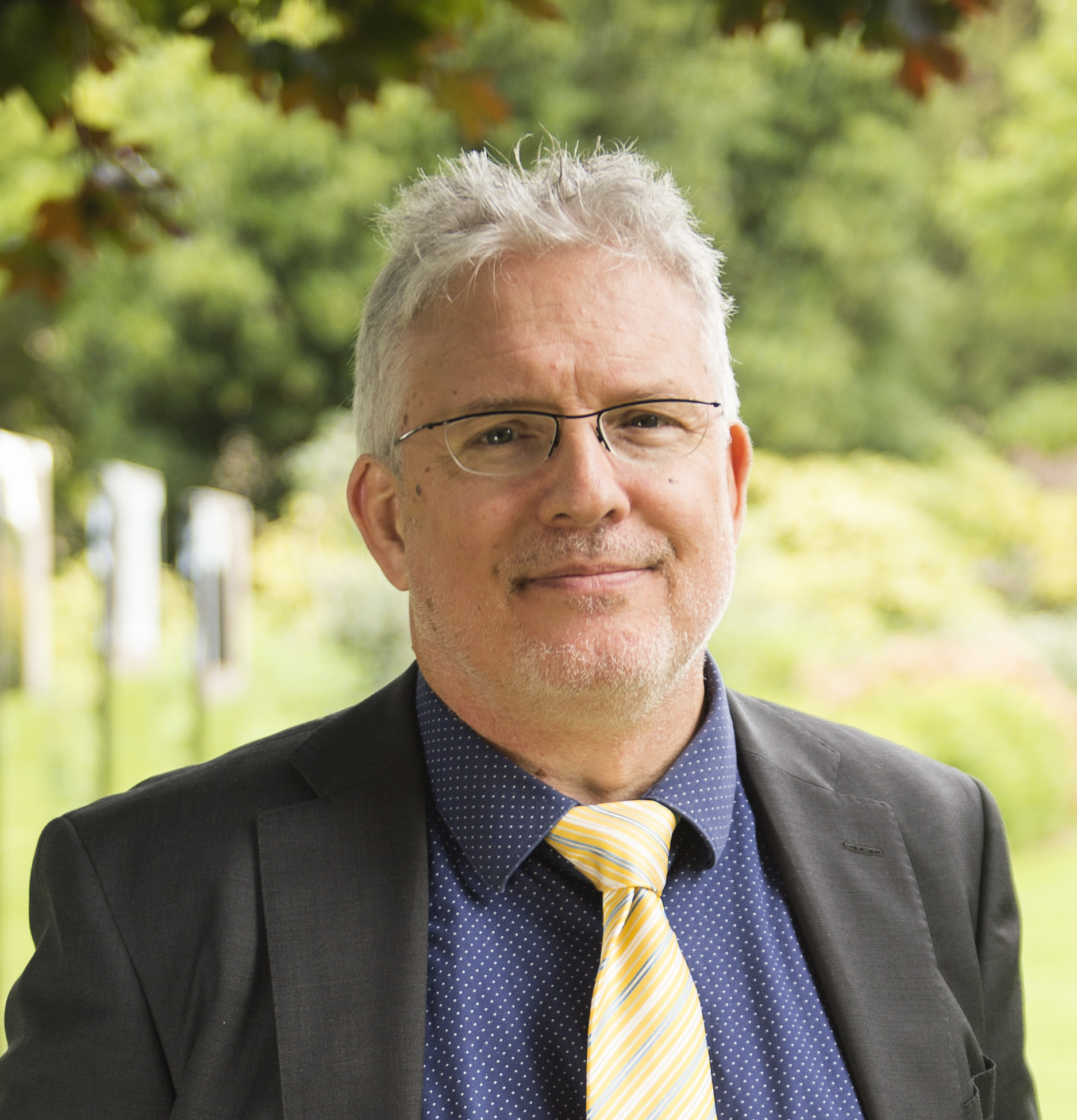Stephan Lewandowsky

Disinformation as a political tool - authenticity vs. factuality in the context of Northern Ireland
My project is focused on the role of misinformation and disinformation and different understandings of truth in an international context. My recent research has focused on the changing conceptions of “honesty”, particularly the populist rebranding of authenticity as honesty, whereby “speaking one’s mind” has become an indicator of “honesty” even if utterances are factually incorrect. In consequence, a serial misinformer such as Donald Trump, who according to fact checkers made more than 30,000 false or misleading statements during his presidency, can end up being considered honest by his followers (according to survey data, 75% of Republicans considered him to be honest). The acceptance of authenticity as a surrogate for truthfulness is incompatible with democratic political discourse, in which arguments are supported by appeals to evidence rather than feelings. I suggest that much of the recent turmoil in western democracies, particularly the U.S. and U.K., can be explained by considering the clash between a populist understanding of truth as “speaking one’s mind” and a democratic understanding that rests on evidence rather than momentary feelings. During my fellowship, I will extend this analysis to an international context, using the Northern Ireland Protocol, and the relationship between the U.K. and EU, as a case study. I will examine the political discourse in the UK and in the EU to see if linguistic markers for the two concepts of honesty are identifiable, and whether they differ between the UK and EU. My expectation is that the UK discourse vis-à-vis the Northern Ireland Protocol will be distinctly more populist than its counterpart in the EU.
Biography
Professor Stephan Lewandowsky is a cognitive scientist at the University of Bristol and the recipient of numerous awards and honours, including a Discovery Outstanding Researcher Award from the Australian Research Council, and a Humboldt Research Award from the Humboldt Foundation in Germany. He is a Fellow of the Academy of Social Science (UK) and a Fellow of the Association of Psychological Science. He was elected to the Leopoldina (German national academy of sciences) in 2022. He was identified as a highly cited researcher in 2022 by Clarivate, a distinction that is awarded to fewer that 0.1% of researchers worldwide. His research currently focuses on the persistence of misinformation and spread of “fake news” in society. He has published more than 240 scholarly articles, chapters, and books. He is currently funded by the European Research Council, the EU’s Horizon 2020 programme, and the Volkswagen Foundation, among others. Professor Lewandowsky frequently appears in print and broadcast media and has contributed around 100 opinion pieces to the global media.
